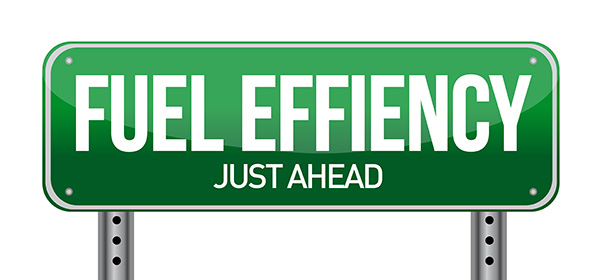
Are you frustrated by the ever-increasing costs at the gas pump? Do you find yourself making more frequent stops to refuel your vehicle than you'd like? If so, you're not alone. Many drivers overlook the factors that can significantly impact their vehicle's fuel consumption, unknowingly squandering precious fuel and money in the process.
1. Tire Pressure
Believe it or not, the pressure in your tires plays a crucial role in your vehicle's fuel efficiency. Underinflated tires create more rolling resistance, causing your engine to work harder and consume more fuel to maintain speed.
Check your tire pressure and ensure it matches the manufacturer's recommended psi (pounds per square inch) for optimal fuel efficiency. By keeping your tires properly inflated, you can reduce fuel consumption and extend the life of your tires.
2. Engine Maintenance
A poorly maintained engine can guzzle fuel at an alarming rate. Dirty air filters, worn spark plugs, and malfunctioning oxygen sensors can all contribute to decreased fuel efficiency.
Schedule regular maintenance checks and tune-ups to keep your engine running smoothly. Replacing dirty air filters, worn spark plugs, and faulty oxygen sensors can improve fuel efficiency and performance, ultimately saving you money at the pump.
3. Excessive Weight
Do you tend to carry unnecessary items in your vehicle, such as sports equipment, tools, or other heavy objects? The additional weight can cause your car to burn more fuel, especially during stop-and-go driving or uphill climbs. Take inventory of the items in your car and remove any unnecessary weight to improve fuel efficiency. Lightening the load can help reduce fuel consumption and improve overall performance.
4. Aggressive Driving Habits
Do you have a lead foot when it comes to accelerating and braking? Aggressive driving habits, such as rapid acceleration, speeding, and sudden braking, can significantly impact your vehicle's fuel efficiency.
Instead, practice smooth acceleration and deceleration, maintain a consistent speed, and anticipate traffic patterns to reduce fuel consumption. By adopting more fuel-efficient driving habits, you can save fuel and reduce wear and tear on your vehicle.
5. Aerodynamic Drag
Have you ever noticed how your vehicle's fuel efficiency decreases at higher speeds? Aerodynamic drag significantly affects fuel consumption, especially at highway speeds.
Remove roof racks when not in use, close windows at high speeds, and secure cargo inside the vehicle to minimize aerodynamic drag. This can help improve fuel efficiency and reduce wind resistance.
Answering Your Questions:
How often should I check my tire pressure to maintain optimal fuel efficiency?
It's recommended to check your tire pressure at least once a month, or before long trips, to ensure proper inflation and fuel efficiency.
Can engine maintenance really impact fuel consumption?
Yes, regular engine maintenance, including replacing air filters, spark plugs, and oxygen sensors, can improve fuel efficiency by ensuring the engine operates at peak performance.
Are there any specific driving habits I should avoid to improve fuel efficiency?
Yes, aggressive driving habits such as rapid acceleration, speeding, and sudden braking can significantly increase fuel consumption.
Lower fuel consumption and increase reliability by visiting Grayson Tire & Auto Center! We are the local solution to all things car-related - from basic maintenance to complex repairs.